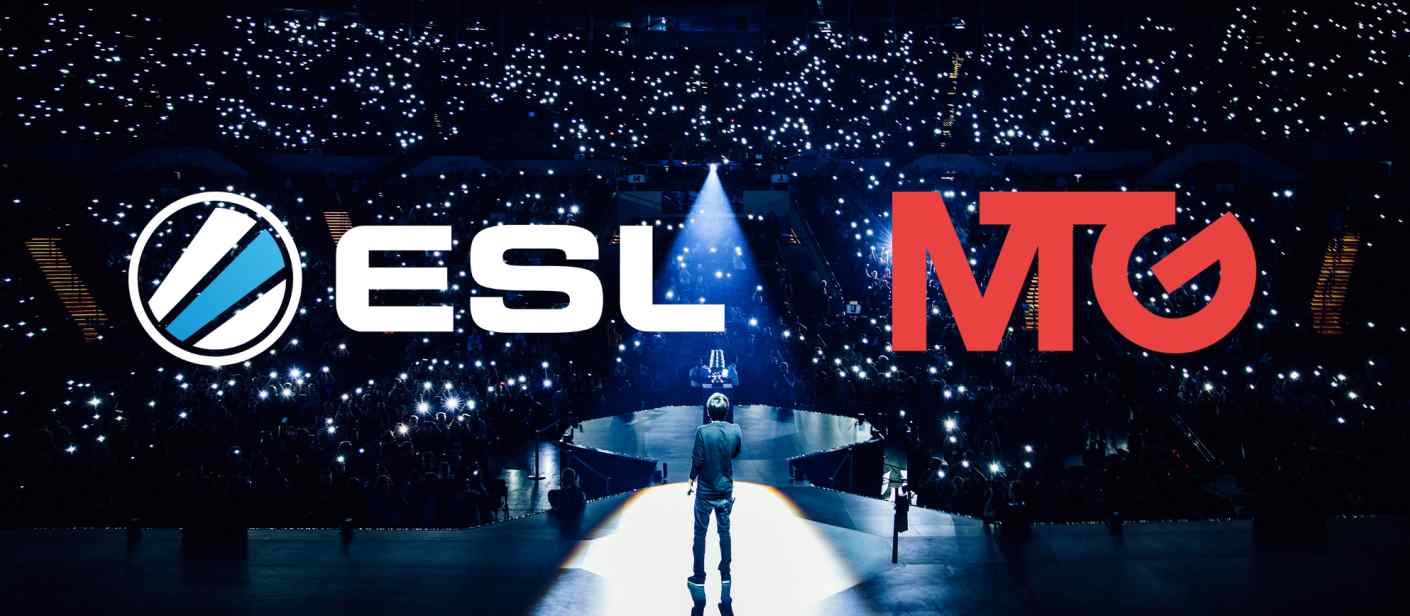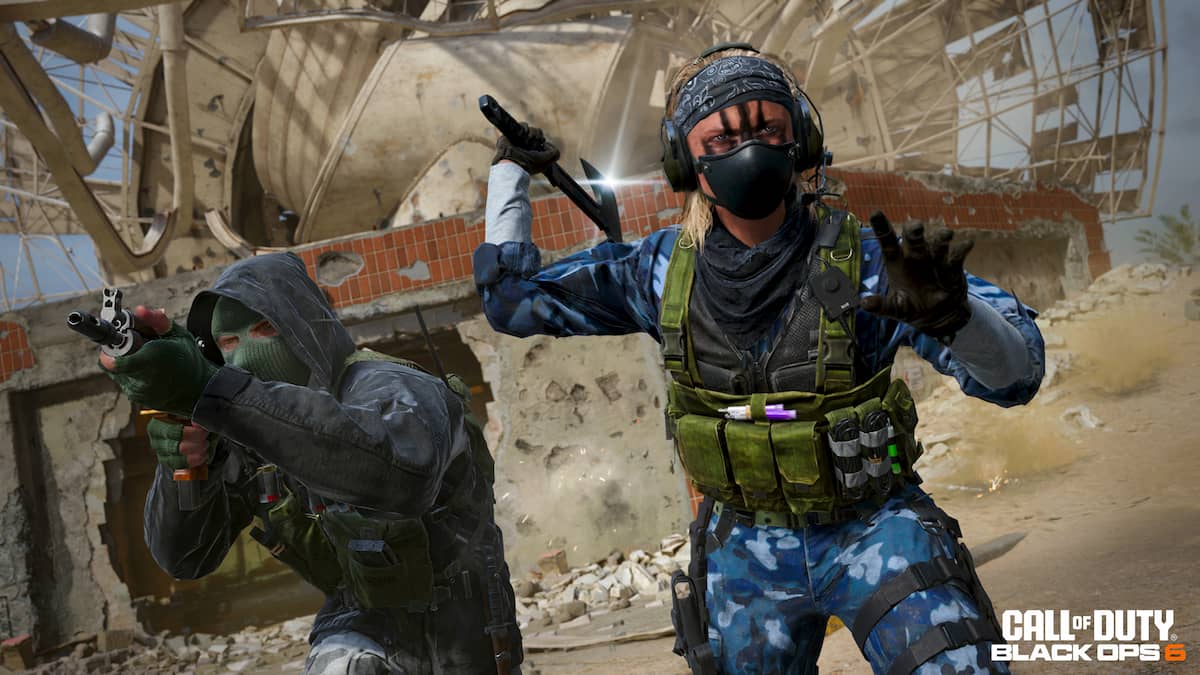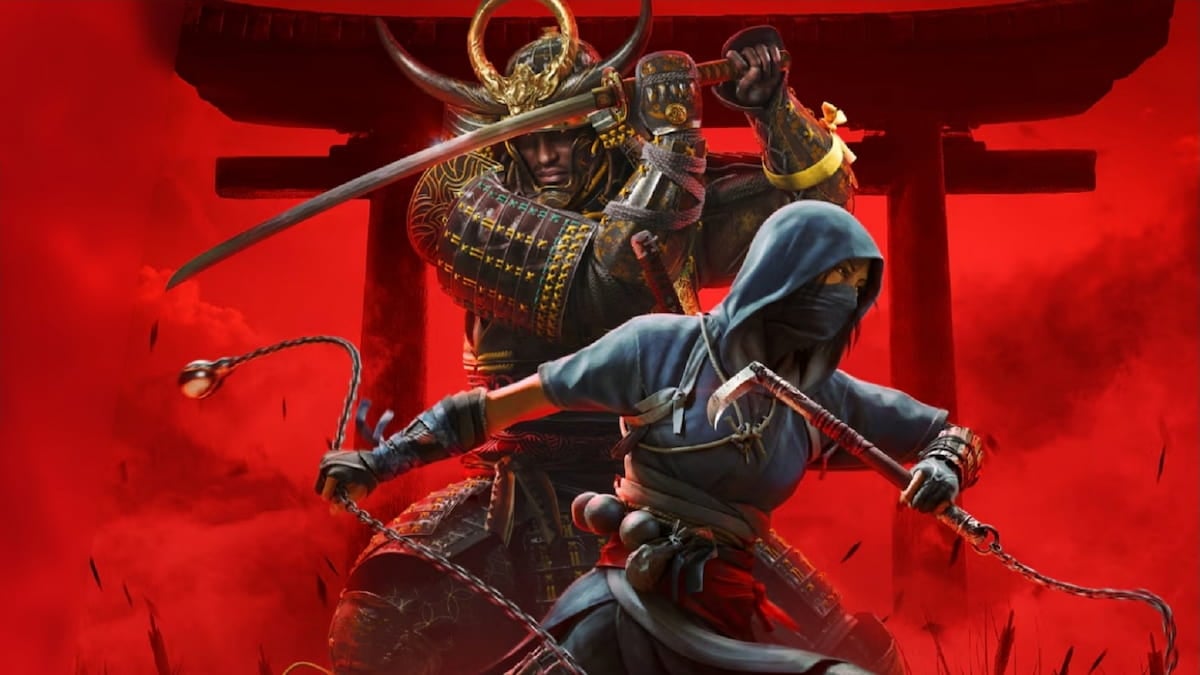The parent company of two esports giants recorded record sales in the first quarter. Swedish media company Modern Times Group (MTG) put more than $100 million on the table over the last two years to make a claim as “the world leader” in esports. In July 2015, MTG took a 74 percent majority share in ESL for about $87 million. Only four months later, in November, the company bought full control of DreamHack, paying another $28 million. The same month, the conglomerate expanded its footprint in North America with the acquisition of the ESEA platform for an undisclosed amount. The company is also heavily involved in two regulatory bodies—the World Esports Association (WESA) that sanctions the ESL Pro League and the Esports Integrity Coalition (ESIC) that aims to clean up esports. It’s safe to say that MTG is one of esports’ biggest players. In the company’s annual report for 2016, Jørgen Madsen Lindemann, MTG’s president and CEO, said that the company saw “the highest levels of growth” in esports. But the company’s esports portfolio is still not a money maker. Instead, the company’s increased profitability in its traditional businesses offset costs for its esports investments last year. MTG owns several television channels that broadcast throughout Scandinavia, as well as dozens of subscription channels and radio stations. According to MTG’s first quarter interim report, those traditional businesses continued to drive growth between January and March 2017. MTG boasted record sales and a strong increase in operating profits during the first quarter of this year. The company’s net sales were up 11 percent to SEK 4.2 billion ($4.7 billion), while operating profits reached SEK 183 million ($20 million). Earnings before interest and taxes rose by 22 percent. Linear entertainment products are still a main pillar of MTG’s growth. To bolster its digital presence, however, the company sold its shares in Czech and Baltic operations, which allowed MTG to increase its shares in online games developer InnoGames to 51 percent and focus more on its MTGx venture, the company’s esports offshoot. The financial report highlights MTGx organic sales up 24 percent in year-on-year growth, driven by a 37 percent like-for-like growth in Turtle Entertainment. That said, the earnings before interest and taxes (EBIT) loss almost doubled. Of course, MTG came to play for the late game. The company’s president, Lindemann, believes that esports “has the potential to become one of the world’s leading sports.” “The evolution of gaming is still in its early stages and we are committed to providing gamers and fans with world-class entertainment experiences,” said Lindemann, mentioning IEM Katowice as an example. Thanks to partnerships with Facebook and Twitter, the event attracted 173,000 visitors and over 46 million unique online viewers in March, according to ESL, which operated the event. MTG was one of the first traditional media companies to invest heavily in esports. While it may not have paid off yet, all the trends indicate that it will sooner rather than later. With its experience in the linear TV business and control of some of esports’ biggest names, MTG is well-positioned to be among the first beneficiaries once esports truly becomes profitable.
Recommended Videos
Dot Esports is supported by our audience. When you purchase through links on our site, we may earn a small affiliate commission. Learn more about our Affiliate Policy






Published: Apr 25, 2017 07:19 am